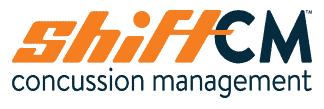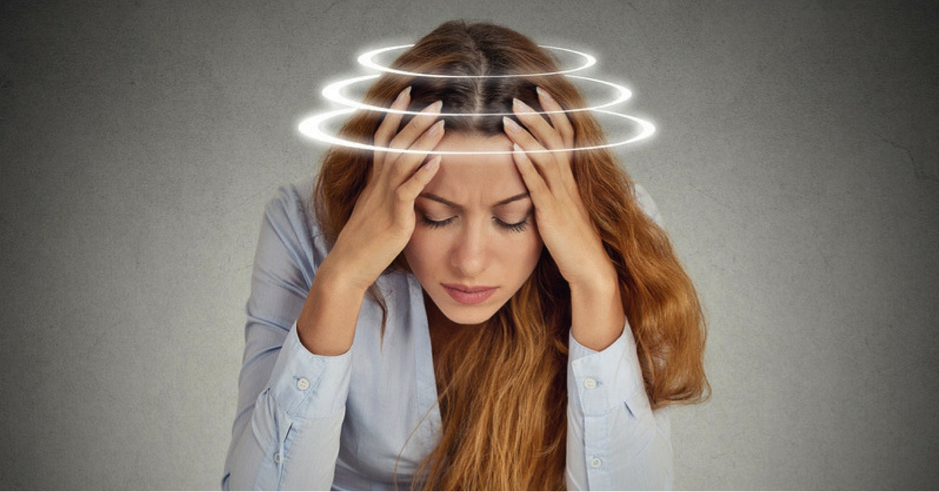Vestibular Disorders that we treat!
We hear people talking about vestibular disorders more and more lately. Feelings of dizziness, nausea, poor balance, sense of movement and difficulties with changing positions are just some of the terms used to describe a disorder in our vestibular system.
How our vestibular system works
Our vestibular system is located in our inner ear and is comprised of three semi-circular canals and two sensory organs per ear. Our vestibular system is responsible for controlling our balance, eye movements, body position and motion. This sensory information is then processed in our brain along with additional information received from our eyes, muscles and joints.
What can go wrong?
This system can be reduced in function from many causes including, a viral infection, decreased blood flow or conduction of nerves, a trauma, a toxic reaction to a medication, problems in our immune system, and a stroke.
Common symptoms
Dizziness and vertigo are common complaints of patients with vestibular dysfunctions. They often describe this as a sense of rotational or linear movement, floating, rocking and spinning in the head, feeling like they are on a boat, and light-headedness.
Balance is often altered with difficulty maintaining an upright position. Stumbling, holding onto walls or other objects to get around, difficulty turning, changes in walking surfaces and footwear can all be a sign that you are experiencing a reduction in your balance.
Vision can be reduced, and you may have a hard time watching moving objects, being in a room with fluorescent lights, getting around in the dark, being in the grocery store or other busy environments.
Hearing may be reduced or a ringing in the ears may be present.
Additional symptoms are often reported and may include anxiety, panic attacks, depression, difficulty concentrating, motion sickness, nausea, vomiting and headaches.
Vestibular Rehabilitation
The good news is there is help and most of these conditions and symptoms can be treated. Some of the treatment may include canal repositioning techniques performed by a trained therapist, balance training, habituation exercises, sensory adaptations, adaptation of the vestibulo-ocular reflex and specific exercises for your head and neck.


Leave a Reply